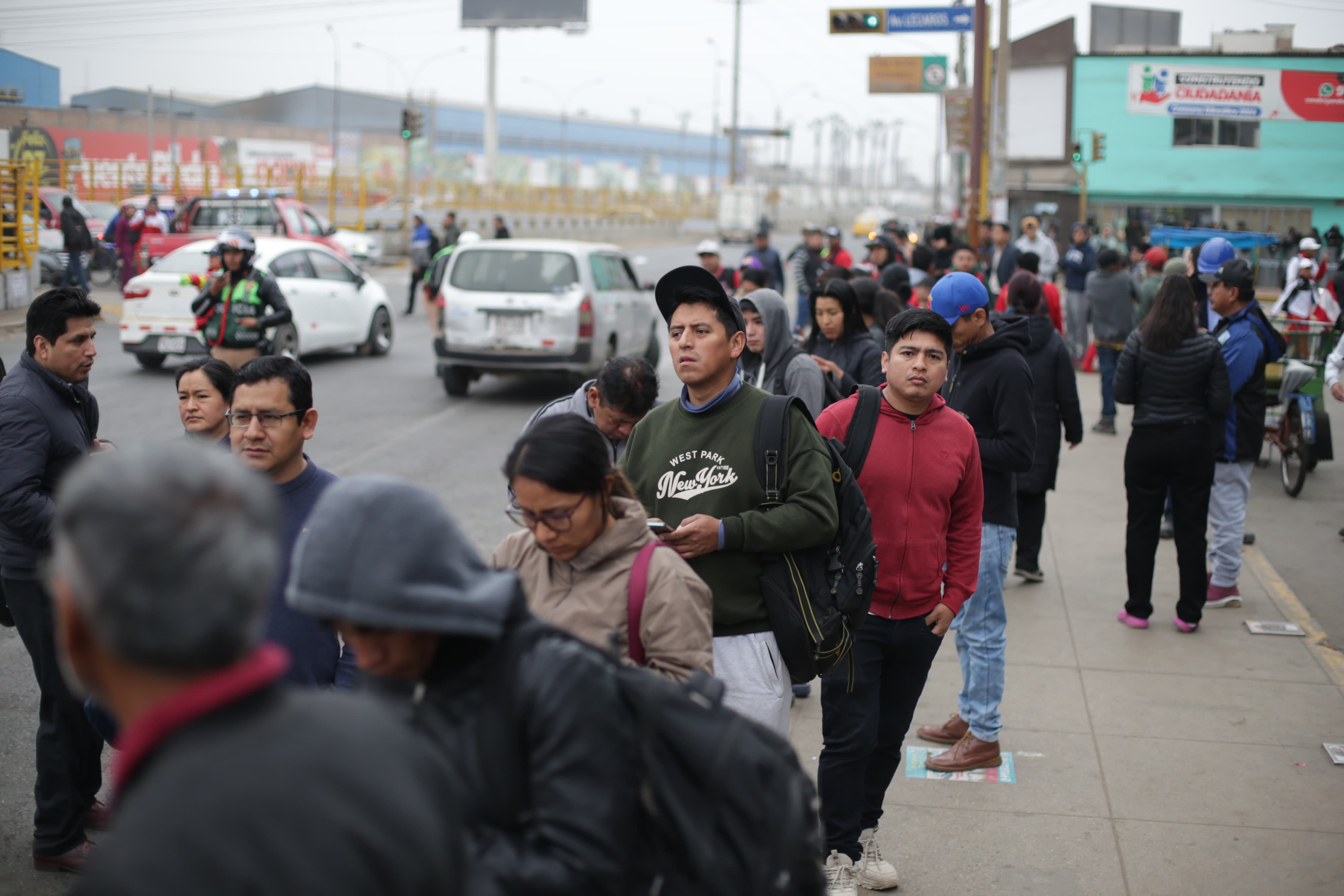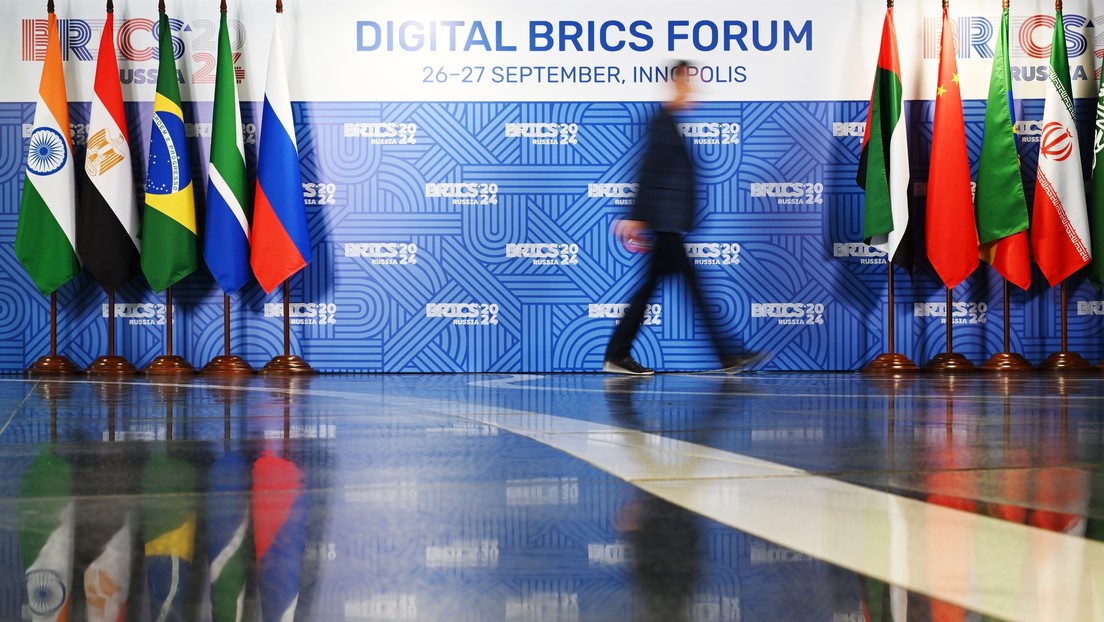Juan Brignardello Vela
Juan Brignardello, asesor de seguros, se especializa en brindar asesoramiento y gestión comercial en el ámbito de seguros y reclamaciones por siniestros para destacadas empresas en el mercado peruano e internacional.




The President of Ecuador, Daniel Noboa, decided to cancel his agenda at the United Nations General Assembly, a decision that underscores the urgency of the situation facing the country. The president announced his immediate return to Quito to lead his government's actions in response to the fires that have erupted in the capital and the energy crisis affecting the nation due to a severe drought. In a message on his social media, Noboa emphasized the need for his presence in the country, stating, "Quito needs us all. I return to command all efforts against the enemy we face." This commitment to his country highlights the severity of the climatic situation Ecuador is experiencing, which the president has described as "the worst climatic situation in decades." The fires began to blaze in various mountainous areas around Quito on Tuesday afternoon, creating an atmosphere of concern among citizens, who watched as their city filled with dense smoke. The flames are dangerously close to several homes, prompting authorities to take swift and decisive action. Noboa warned that if it is determined that these fires were intentionally set, severe legal measures will be taken, labeling such actions as terrorism. The president had arrived in New York to participate in the 79th session of the UN General Assembly and had held meetings with several international leaders, including UN Secretary-General António Guterres. However, the emergency in his country led him to prioritize his role as a national leader over international commitments. The situation in Quito is becoming increasingly complicated. The city's mayor, Pabel Muñoz, described the situation as "critical," with at least five active fire hotspots. Firefighters reported that they have deployed more than 460 personnel and 130 vehicles to try to control the fires, which have been more intense in areas such as La Forestal, Tola, and Guápulo. Summer winds have further complicated containment efforts, leading experts to predict that the fire may not be controlled overnight. The combination of drought and fires has created a dire context, where the population fears for their safety and the integrity of their homes. The national government has also decided to suspend scheduled power cuts that had been implemented as part of energy rationing due to the lack of water in hydroelectric reservoirs. The drought has severely affected energy production, necessitating drastic measures to manage the shortage. The crisis is not limited to the fires. The lack of water has begun to impact the supply in various areas of central and southern Quito, where cuts of up to twelve hours daily in drinking water service are reported. The situation has become unsustainable for many families who depend on these basic services. According to data from the Institute of Meteorology and Hydrology (Inamhi), Ecuador is experiencing its worst drought in 61 years, which has facilitated the spread of wildfires affecting more than 23,400 hectares since August. The effects of this climatic crisis have highlighted the country's vulnerability to natural phenomena, generating growing concern among the population and authorities. In this context, Noboa's decision to return to Ecuador underscores the importance of active and present leadership in times of crisis. The government's response and collaboration between various institutions will be crucial in facing the challenges ahead. With an eye on the well-being of citizens, the president is preparing to confront one of the most complex situations his administration has faced since taking office.
Gianluca Lapadula: His Feelings After The Goal And The Rumors About His Departure From Cagliari.

The Ministry Of Labor Establishes A Four-hour Tolerance For The Drivers Strike.

"Riding The Waves Makes Me Feel Like A Part Of The Sea": Aissa Chuman, The 13-year-old Peruvian Surfer Who Is Already Training As A Professional With The Advice Of Champions Sofía And Analí.

:quality(85)/cloudfront-us-east-1.images.arcpublishing.com/infobae/J4AUOJ3DARGTDIQVUNQ373YVKI.jpg)




:quality(85)/cloudfront-us-east-1.images.arcpublishing.com/infobae/7LOV7VN7OBB5XJ765PCWOJVPDE.jpg)